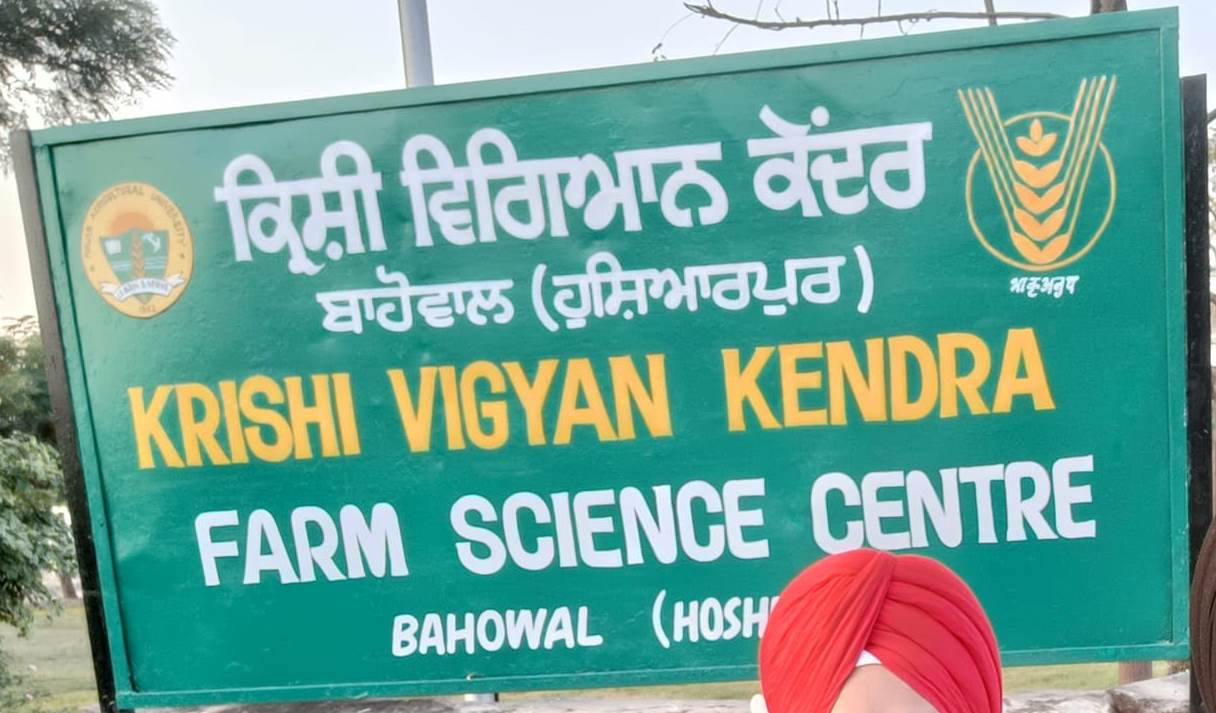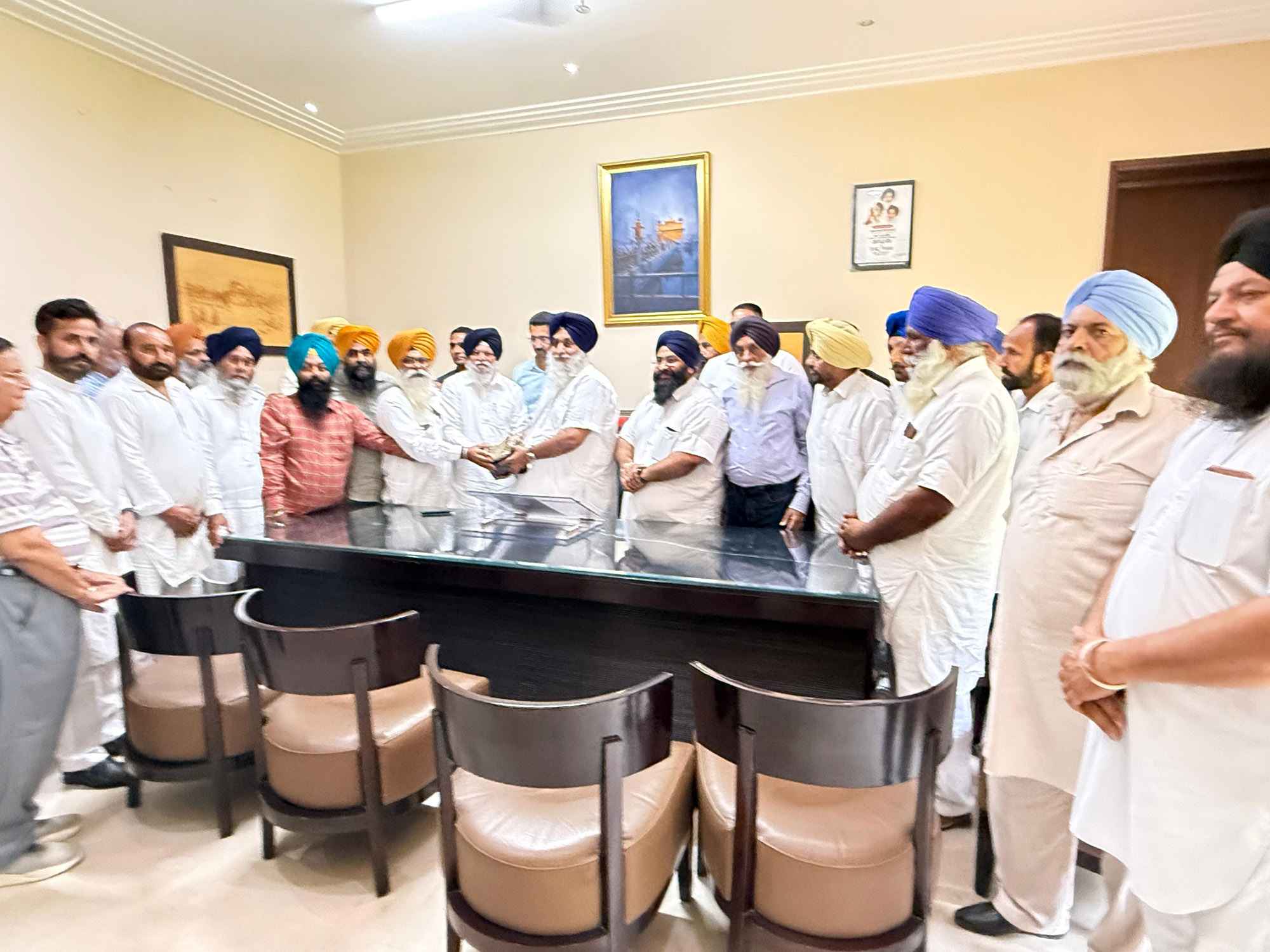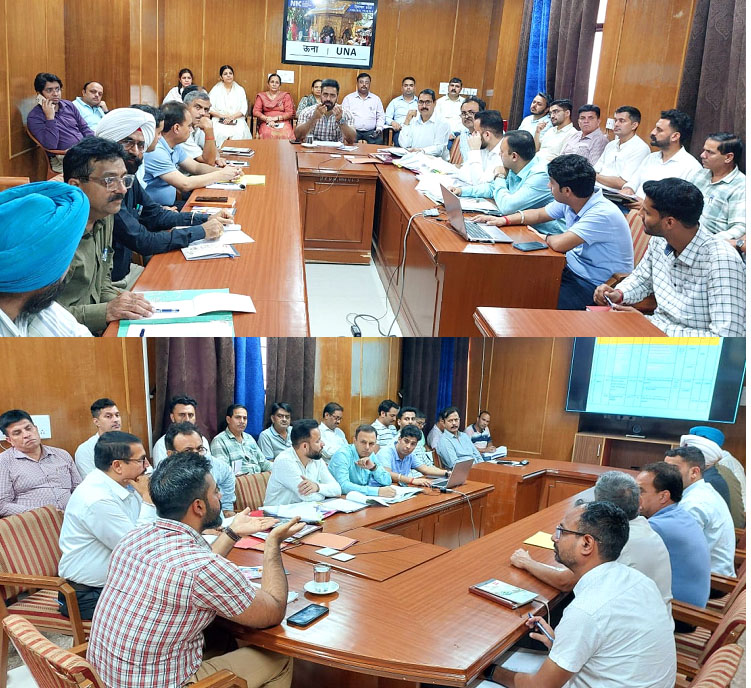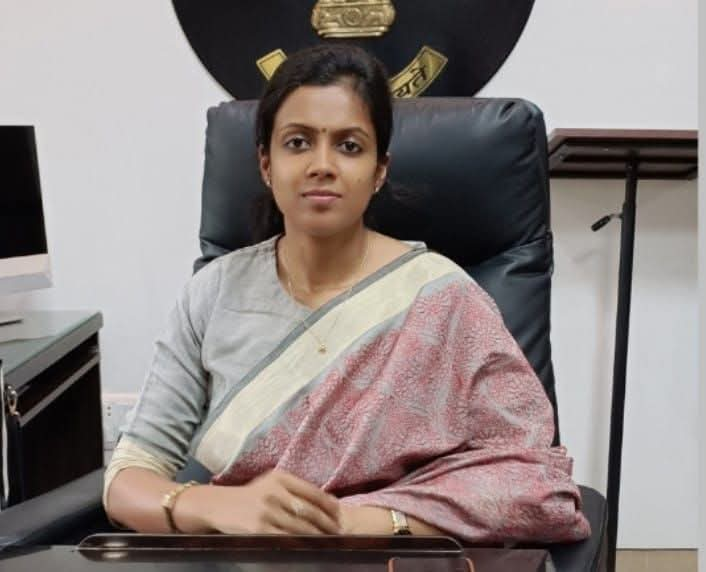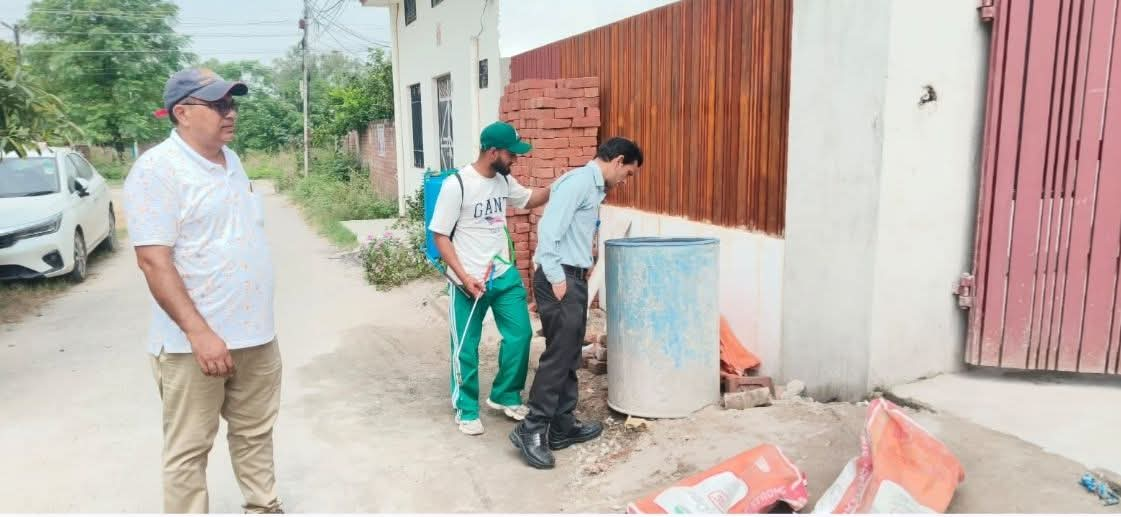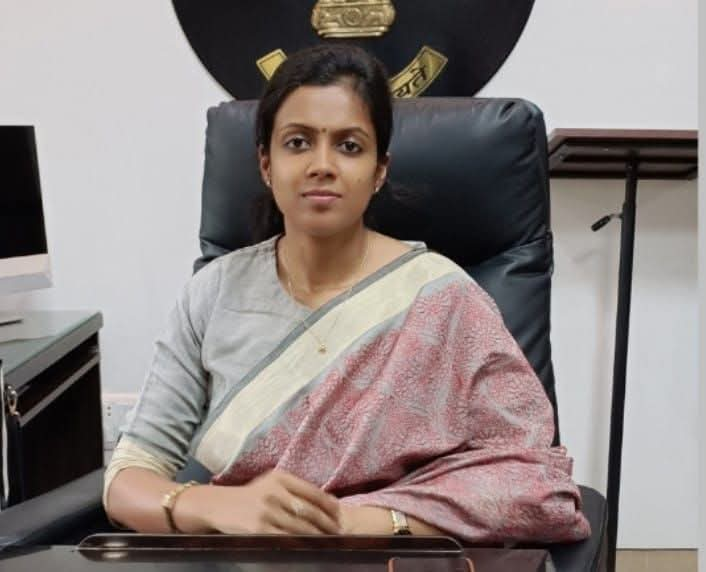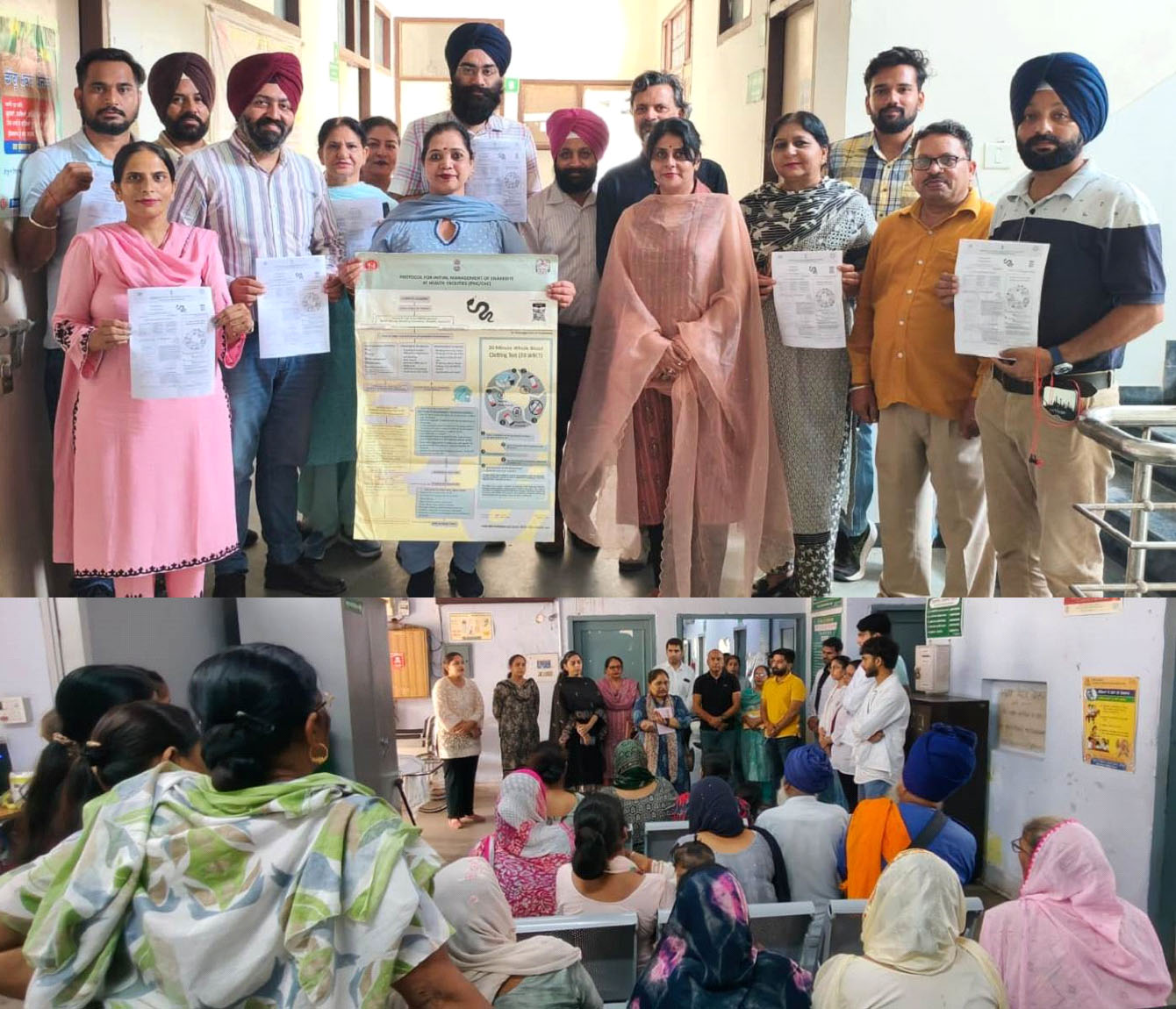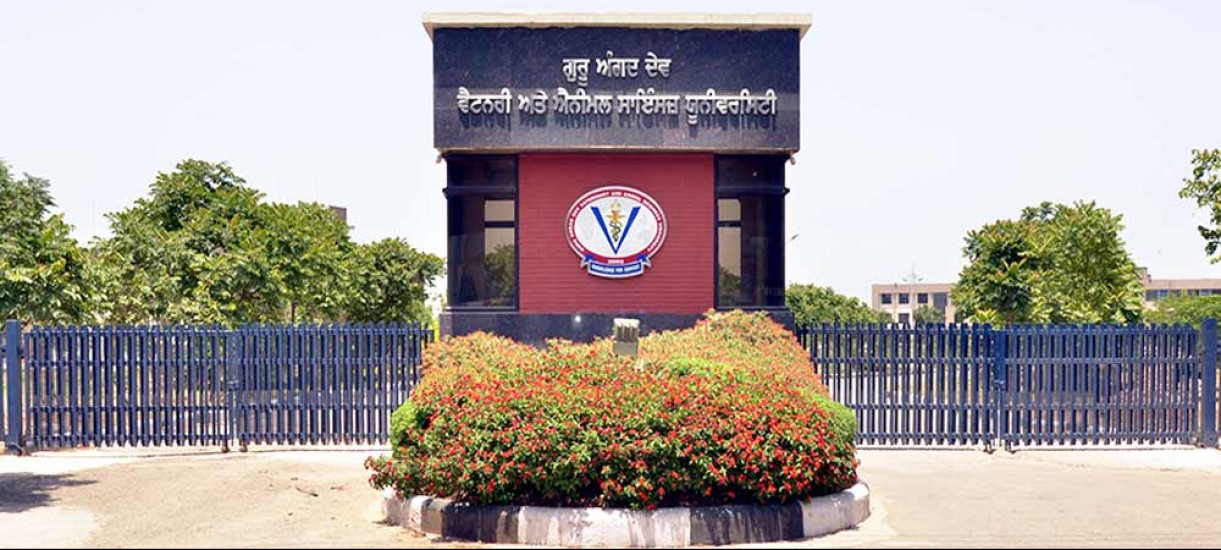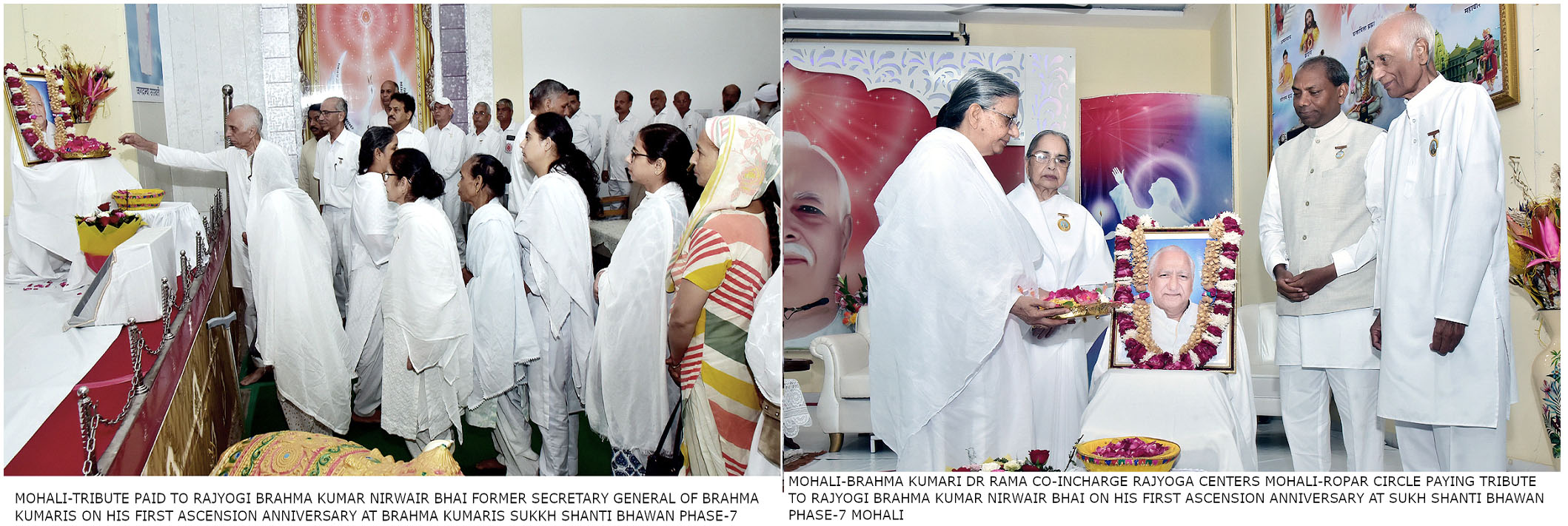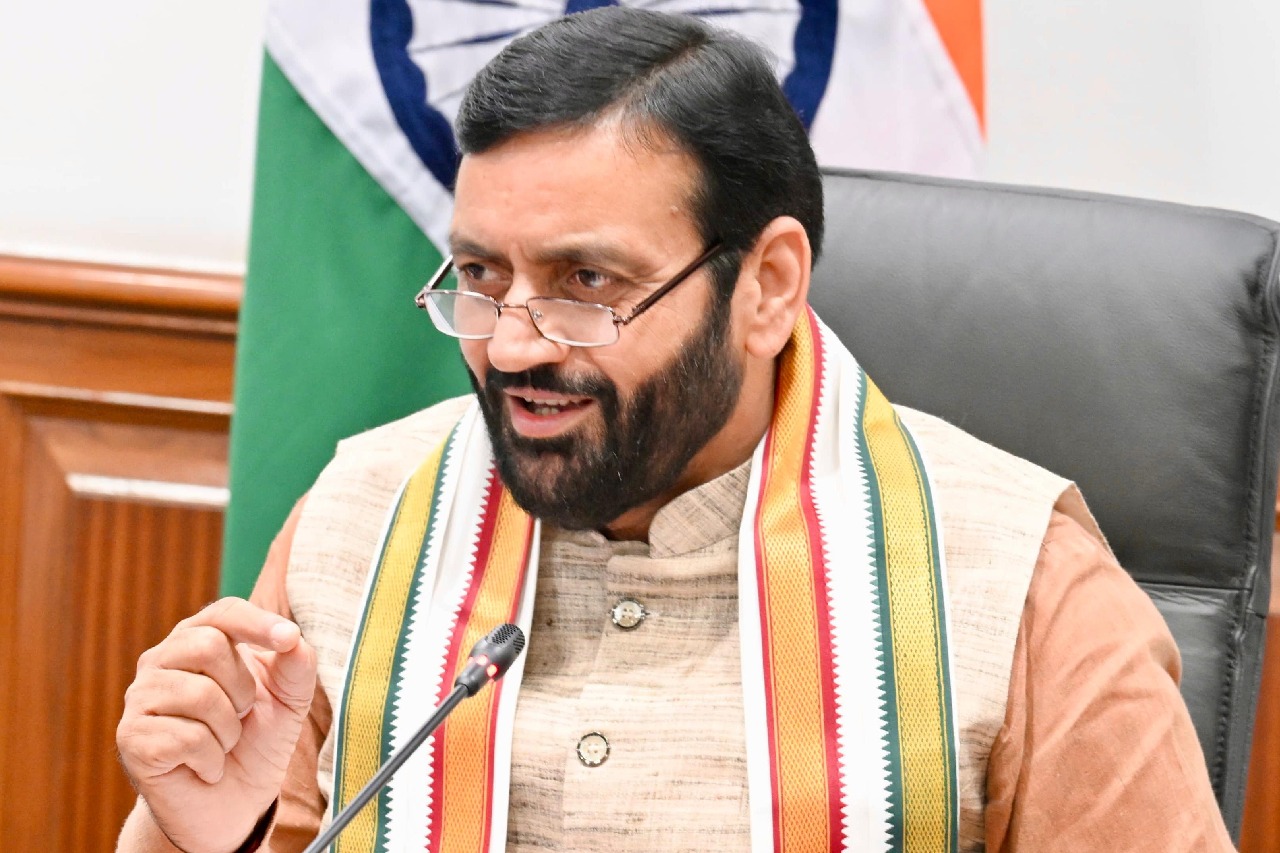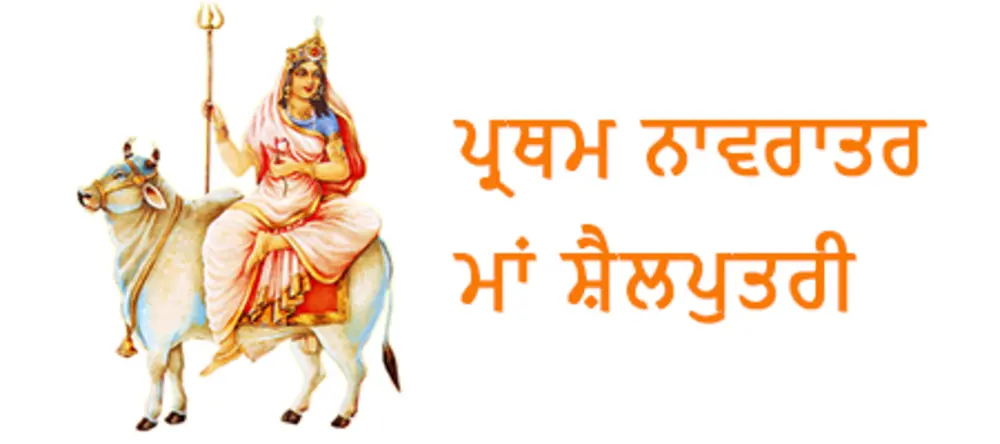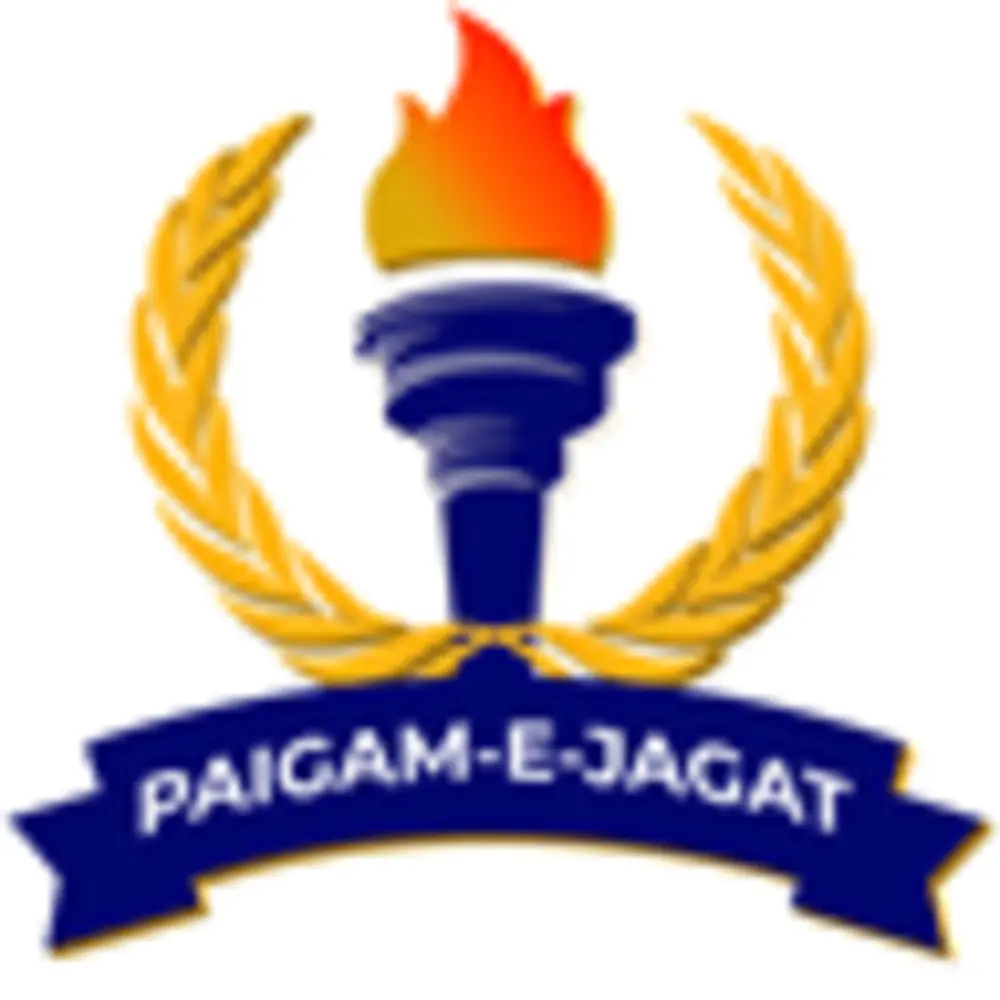
There was no entry of the journalist community from different communities in the state level event on the occasion of the 647th birth anniversary of Shri Guru Ravidas Ji.
Sri Khuralgarh Sahib / Garhshankar - There was no entry for the media during the state-level event being held today at the shrine of Sri Guru Ravidas Ji, Khuralgarh Sahib, regarding the 647th Prakash Purab of Sri Guru Ravidas Ji. And no media person was being allowed near.
Sri Khuralgarh Sahib / Garhshankar - There was no entry for the media during the state-level event being held today at the shrine of Sri Guru Ravidas Ji, Khuralgarh Sahib, regarding the 647th Prakash Purab of Sri Guru Ravidas Ji. And no media person was being allowed near.
It is worth mentioning that today during the state level event organized on the occasion of 647th birth anniversary of Sri Guru Ravidas Ji, he dedicated the memorial of Sri Guru Ravidas Ji "Minar-e-Begampura" to the people. And during this also addressed the gathering. But there was no media entry in the function organized during the function dedicated to the memorial of Sri Guru Ravidas Ji "Minar-e-Begmupura". Apart from this, common people were also not being allowed to enter the memorial without a pass. Even after the Chief Minister dedicated the memorial to the people, there was no entry of the general public including the media till evening. Apart from this, the Chief Minister had to address the people here at the venue itself and there was no entry for the media there either. There, the employees posted under the protection of the Chief Minister repeatedly came to the journalists and said that the journalists cannot go to the meeting place. Only CM Sahib's media will go. In this regard, instead of coming forward to discuss the matter of no entry for the media, any official was only sending repeated messages to the employees.

